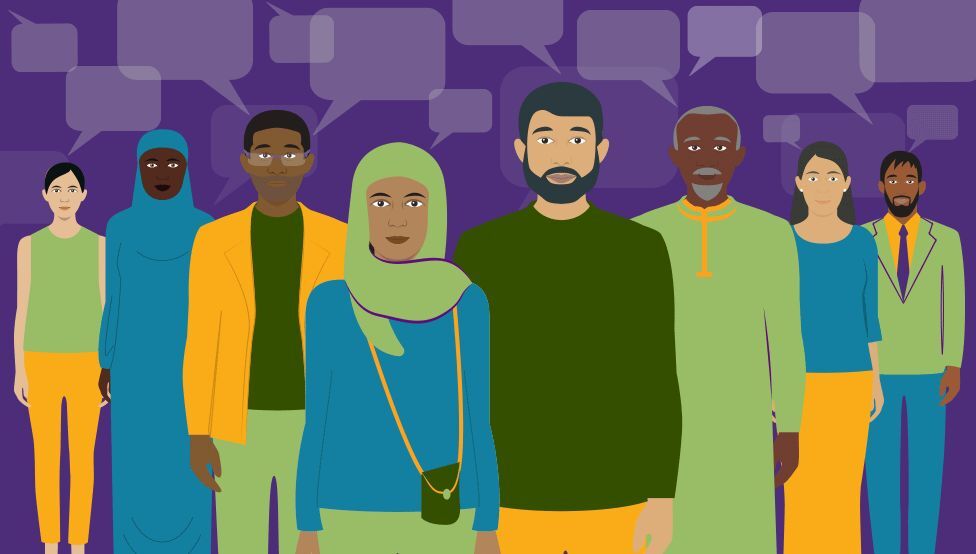…Mr. Khashoggi’s words were echoed by prominent journalist and political analyst Rami Khouri. “We are heading to the law of the jungle if big power and Mideast state autocracy is not held accountable,” Mr. Khouri said. In a similar vein, a survey by the Arab Barometer survey concluded that public institutions in the Arab world, including the judiciary enjoyed little,…
No Taxation without Representation? On Tax Reforms in Jordan
…Secondly, the government should fight corruption, tax avoidance (which according to the Income and Sales Tax Department in 2016 cost the budget JD 3 billion), mismanagement, and cronyism to make Jordanians feel their taxes are being put to a good use. One study, conducted by the University of Jordan Strategic Studies Center and NAMA Consultants, argues that only 35% of…
Gender Inequality and Economic Inclusion in Tunisia: Key Policy Issues
….Sociocultural prescriptions about gender roles have changed less than the secular nature of the state might suggest. According to the sixth wave (2010-14) of the World Values Survey, 71% of respondents agreed that “when jobs are scarce, men should have more right to a job than women” (see Table 2). The gender breakdown suggests that more men (82%) than women…
Can fighting corruption help Arab states sell painful economic reforms?
Perceptions matter In a 2016 report by Transparency International in nine Arab states, 61 percent of citizens polled said they believed corruption was on the rise in their countries, and 68 percent said their government was “doing badly” in fighting corruption. In Jordan, 75 percent of respondents said they believe corruption had increased, while an Arab Barometer survey in 2016…
Jordan faces its historical reckoning
….. After former Prime Minister Hani Mulki had proposed in early May reforms to address a multiyear economic adjustment plan agreed with the International Monetary Fund (IMF) and other donors, it became clear that the government had pushed past the limit of what citizens could bear financially or accept politically. Jordanians are and feel poor after years of gradual austerity,…
Authoritarian Nostalgia Among Iraqi Youth: Roots and Repercussions
…. Disillusion with Democracy A common refrain these days is that Iraq “needs a strong leader like Saddam.” During my time in the country, I heard these sentiments expressed by teenagers and twenty-somethings who were, at most, elementary school students during the Ba’athist era. These observations, though anecdotal, are corroborated by survey projects. Both the Arab Barometer and the Shi’a…
Islamists are losing support in Jordan
…. What student politics show Many political scientists know Jordan University because its researchers help implement the Arab Barometer surveys. However, within student politics, JU is also a microcosm of society. It can be restive, with fee protests and tribal feuding recently agitating its Amman campus. It is also enormous. Of Jordan’s 300,000 university students, nearly 15 percent study at…
Droits des femmes en Algérie
Attitudes sociales envers les droits des femmes En plus du problème récurrent et souvent dénoncé de la non application des lois en vigueur, il existe un fossé entre les lois en faveur des droits des femmes et la perception qu’ont les Algérien(ne)s d’une manière générale de ces mêmes droits. Selon l’Arab Barometer (enquête non partisane dirigée dans le Monde Arabe mesurant les attitudes des citoyens sur…
Maghreb Matters: Report on the role of religion in Algeria…
…… Yet this is slowly changing. Younger Algerians are more educated, more urbanized, more connected both internally and externally through digital technologies, more demanding of opportunities, and more determined to be less acquiescent than the older generations in challenging government policies. The report does a good job of enumerating the various means for encouraging the current regime to realize that…
Saudi Arabia: No Country for Bold Women
THE LATEST PHASE OF BIN SALMAN’S ONGOING CRACKDOWN ….It is hard to overstate the chilling effect of the arrests and other recent acts of repression on public discourse within the Kingdom, which is already highly constrained. Even in 2010, well before the political rise of bin Salman, barely 15 percent of respondents to an Arab Barometer poll felt they could…
Tunisia’s first post-uprisings local elections are Sunday. Can they bolster citizens’ belief in governance?
…. What voters want Economic justice was a central demand of the 2011 uprising, and public opinion data from the Arab Barometer collected in 2011, 2013 and 2015demonstrate that the economy remains at the forefront of Tunisians’ minds. When asked, “What are the most two important challenges your country is facing today?” nearly 75 percent of respondents listed the economic…
